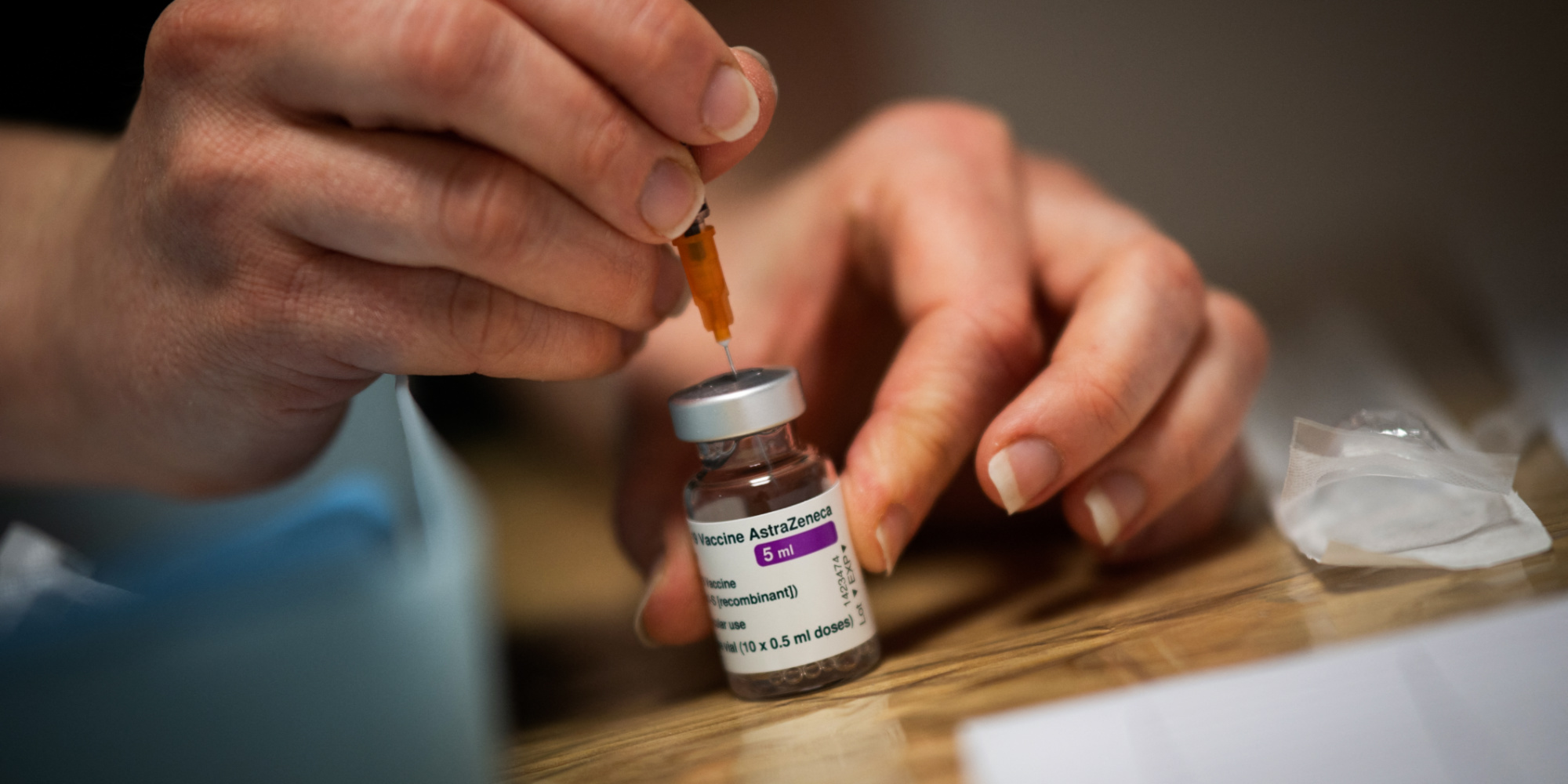Officially, the injection of AstraZeneca's vaccine against the coronavirus is not recommended by health authorities for those under 55 years old.
However, a number of practitioners choose to vaccinate their patients, due to comorbidities.
A choice authorized by the freedom of prescription, but which is not without potential legal consequences.
DECRYPTION
Since the start of the Covid-19 vaccination campaign in France, exactly 12,751,098 people had received at least one injection on Monday evening - or 19% of the total population and 24.3% of the adult population.
Among them, 4,675,008 people received two injections (ie 7% of the total population and 8.9% of the adult population) and are considered to be fully vaccinated.
Among these millions of people, some received an injection at the end of the day, so as not to waste the doses.
A handful of them were vaccinated when they were not a priority.
>> LIVE -
Coronavirus: follow the evolution of the situation Tuesday, April 20
"Consistent" choice, but responsibility engaged
It is indeed quite possible for doctors to vaccinate outside the priority age groups. This may seem surprising, but it is completely legal and provided for by the Haute Autorité de Santé. By virtue of his "freedom to prescribe", a doctor can therefore completely offer a dose of AstraZeneca to a person under 55 years of age. "Each doctor is free to have his prescription, provided that he can explain and justify it afterwards. And if anything goes wrong, we cannot cover ourselves with the umbrella by saying 'I followed the texts' ", specifies Bernard Bégaud, pharmacologist at the University of Bordeaux" It is we who are on the front line and who could be prosecuted. Our responsibility is engaged in criminal proceedings. "
This medical choice remains exceptional but some practitioners fully assume it.
"It is a practice that is not very frequent, but if I have a 52-year-old patient who has diabetes, hypertension, who has already had a heart attack, if we cannot find a place for him in the vaccination to vaccinate it with Pfizer or Moderna, I prefer it to be vaccinated quickly with AstraZeneca ", explains Dr. Yohan Saynac, general practitioner in Pantin.
"Sounds pretty consistent to me."
CORONAVIRUS ESSENTIALS
> Covid-19: is there really a risk of contamination outside?
> Coronavirus: why can a PCR test be positive one month after infection?
> Are private parties really prohibited with the curfew?
> The English variant would cause slightly different symptoms
> Audio, webcams ... When technology adapts to teleworking
Not an "absolute ban"
"We are a number of doctors, I think the majority, to be convinced of the interest of vaccinating, including AstraZeneca, even below the targets for people who have risk factors for serious Covid ", continues the practitioner. "The risks associated with the AstraZeneca are extremely low risks, on the order of the risk of being struck down. On the other hand, the risk of having a serious Covid is real. The stake is to ensure that people understood the risk they were taking. And if they are up for it, I have no objection to knowingly vaccinating them. "
This practice, if it seems widespread, indeed raises the question of the risk taken by patients and compliance with recommendations. "We must take the recommendations as they are", underlines for his part Bernard Bégaud, who is the former chairman of the monitoring committee of clinical trials at the National Agency for the Safety of Medicines. "It means that a doctor is able to judge in the interest of the person in front of him if we can play more or less five years. Physiology is not the same for everyone. There are 55-year-olds who are similar to old people and others to whom you would give 35 years. A recommendation does not mean an absolute ban. "

